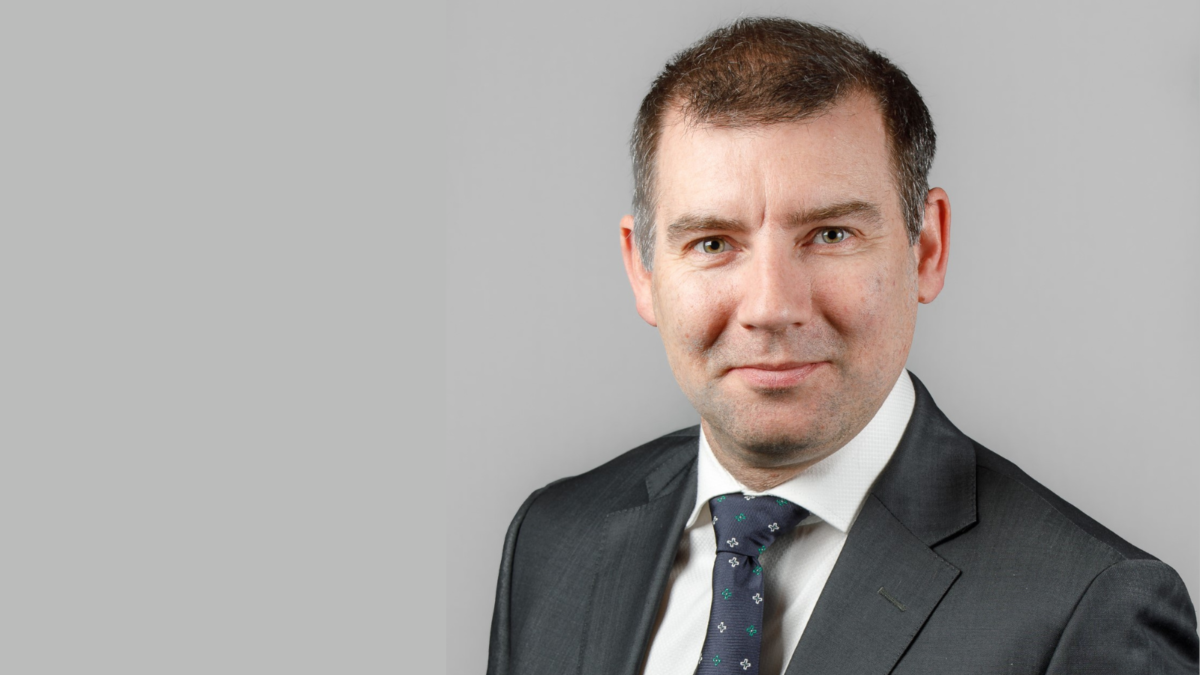Why super funds and consultants shouldn’t ‘accept the status quo’
Over the last five years, Willis Towers Watson (WTW) – like many other asset consultants operating Down Under – has seen the services it historically offered to super funds, like asset allocation and manager search, become “less relevant to those organisations”. But while the in-sourcing trend has closed a door, it’s opened a window.
“The more you in-source, the more complicated your model becomes,” says Aongus O’Gorman, Australian head of investments at WTW (picture at top). “And the more complicated it becomes the harder it is to have any oversight of it. Our view was that any investment process or manager or team can make mistakes and lose you basis points, but governance can cost you percentages.”
“It starts with investment committee effectiveness… We talk about two things: strategic direction and disciplined oversight. A lot of the work is helping them understand that side of things. After that it delves down – reviewing internal teams, looking at their investment processes and making sure they’re robust.”
The other side of the governance work is playing chaperone to help funds with the “teething problems” of mergers. One of the biggest challenges in a merger is navigating people and culture by bringing teams together – particularly two different investment committees.
“You can have very different investment philosophies and beliefs – so it’s about working through people’s beliefs, identifying where there are differences and finding the common ground there.”
The differences between different asset consultants are often lost on outsiders – price usually stands out – though O’Gorman argues that there’s quite a few “from a philosophical point of view”.
“I actually think there’s quite a number of differences, from a philosophical point of view, between the asset consultants,” O’Gorman says. “If you look at our client portfolios they generally have more diversification and active management in them, and that’s because we think you want to run portfolios that are more robust to many environments. And because we’ve got deeper capabilities to do that research – you’ll find a lot more hedge funds in our client portfolios than you would in other consultants’ portfolios.”
The regulatory environment – or really, a Your Future Your Super alternatives benchmark comprised of 50/50 equities/bonds – makes it harder for super funds to do as other WTW clients are, but big asset allocators are becoming more fond of hedge funds as hot air escapes the market.
“There’s been such a good environment for a low-cost equity/bond strategy that that has dominated people’s views and thinking for probably ten years, and it’s really only been in the last 12-15 months that maybe a more diversified portfolio is a good idea,” O’Gorman says.
“…The types of hedge funds we advise on and invest in are more on the macro side; strategies that have an ability to generate returns in uncertain environments, if you consider most portfolios have a significant exposure to economic growth and the risk attached to that. Finding strategies that do well when there’s more fear in the market is valuable to them.
O’Gorman agrees that the Australian asset allocator community – and the consultants that service it – can occasionally sit in “a bit of an echo chamber”, owing to their distance from the rest of the world and a corresponding lack of external voices and opinions.
“I think when people gather together they’re comparing or contrasting each other,” O’Gorman says. “It’s potentially (manifesting as) a lack of innovation; if you compare yourself to one another, you can be doing well and doing alright, but you’re not challenging yourself or asking the question: are we as good as what’s happening globally? What else is out there?”
“That can manifest as lower returns over time. You don’t seek out a different way of doing things or you accept the status quo… I wouldn’t point to pockets, but I think it’s always good to look outside Australia and compare and contrast. We have a set of common challenges down here that get discussed internally, but looking at the rest of the world and seeing how they handle them is also good.”
While other asset consultants, homegrown and otherwise, are chasing growth in the not-for-profit sector or by expanding offshore, WTW has “put a lot of time” into the independent financial adviser (IFA) market. O’Gorman thinks it’s an area where WTW “can do a lot more”.
“That’s a fascinating market because, if you look at an advised client versus a superannuation member, good advice leads to better outcomes,” O’Gorman says. “And I think the disengaged member and all the work the superannuation industry does around the structure of products to overcome the disengaged member – lifecycle investing, for example, or retirement products – a lot of that is solved by having a good adviser. As one of my colleagues says: a good adviser is the algorithm that replaces a lifecycle strategy.”











